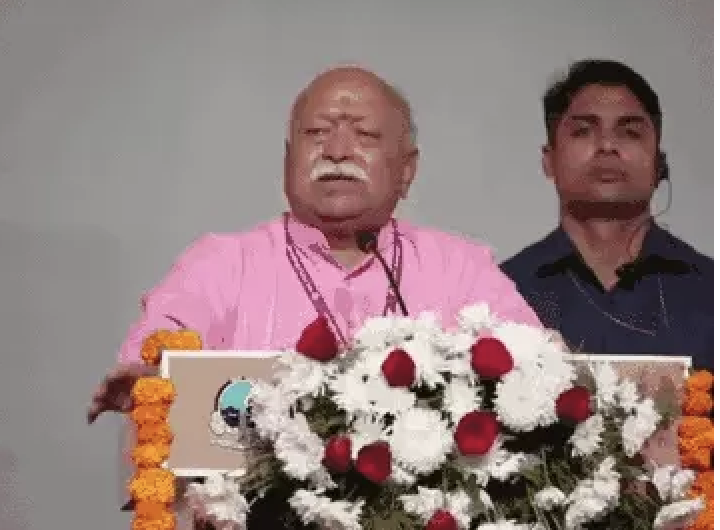By Alex Travelli and Sameer Yasir
Weeks before a national election, the Indian government has abruptly announced that it will begin enforcing a citizenship law that had remained dormant since late 2019 after inciting deadly riots by opponents who called it anti-Muslim.
The incendiary law grants Indian citizenship to persecuted Hindus, Sikhs, Buddhists, Jains, Parsees and Christians from a few nearby countries. Muslims are pointedly excluded.
With a characteristic thunderclap, the government of India’s prime minister, Narendra Modi, made a short declaration on Monday night that it had finalized the details that would bring the law, known as the Citizenship Amendment Act, into force.
The government’s action, coming just before India announces the dates for an election expected in April and May, shows Mr. Modi delivering on a promise, and could change the electoral math in districts with Hindu refugees who stand to benefit from the law.
Politics aside, the law is not expected to significantly change the demography of India’s diverse population of 1.4 billion, at least not on its own. But it makes plain the power that Mr. Modi wields to redefine the Indian republic, steamrolling any resistance to his vision of a Hindu-first state.
This story was originally published in nytimes.com. Read the full story here.






